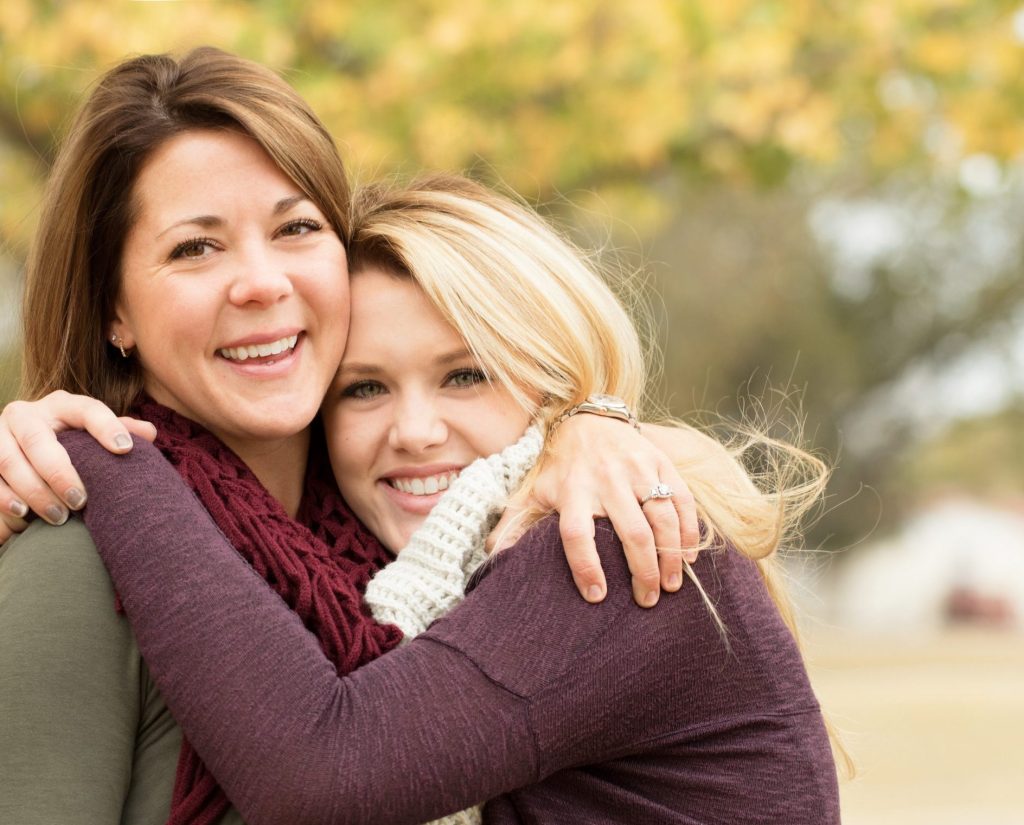Traditions and tribal ways have many things to teach us. One of the lessons that I wish that we still followed is to have some sort of ‘right of passage’ ceremony or ritual. It would make growing up so much easier for everyone involved!
Here are 3 distinct phases of growing up. They are all talked about negatively for bringing with them difficult and troubled times. Here’s the traditional take on it:
1. The ‘troublesome 2’s‘ – when both kids and parents suffer, and this period can last way longer than the age of 2!
2. Teenage years – if you have teenagers, or have had a teenager, how was it for you?
3. Menopause/Midlife Crisis – a much feared and dumbed down time as it’s reputed to be purely about suffering.
Here is a slightly more alternative, and hopefully positive, view on the 3 stages.
1. Transition from baby to toddler – this is a time of many exciting changes. Children become more mobile – anywhere between 1 and 3 years (it’s rarely limited to the age of 2!) – from crawling to toddling. The brain and senses are absorbing so many things and processing new words, concepts and behaviour. It’s a pretty long time ago for me however, I found it really fun and exciting because your child responds in new and different ways!
Sleep may still be an issue at this age, however by now, even little and broken sleep can feel like the new normal!
2. Teenage years – this is the phase most of my clients are living through, and I’m really in the thick of with 2 teenage boys in the house too. It can be really challenging – which is why I think a ritual or right of passage would help define some clear boundaries for parents, kids and society at large.
The difficulty for parents seems to be knowing when to let go and trust the work you have put in so far. What you’ve done is going to be tested while your growing teen goes out into the world and has to stand on their own two feet. It’s difficult to stand by and watch when you can’t control things, and nor should you try to, when it comes to your child’s behaviour, decisions and actions.
The challenge for our kids as they want to be treated like a grown up, until they don’t! They need to start taking on responsibility for their actions and decisions, yet for some, the stakes are too high to even try it. Our generation of parents have not let our kids fail at much, fall on their face, or screw up, and they now have the added pressure that they may get caught on video, and posted online.
If there was a ritual, or a celebration to mark that they were coming into adulthood, it would be celebrated that they were now responsible for their choices, and could be treated as such. They could still seek advice from ‘elders’ in their community, but after a ‘line in the sand’ ceremony, their role in society changes. They become ‘adults in training’ rather than rebellious teenagers.
3. Wisdom Years – this is a more resourceful, kinder name for what women and men experience in their late 40’s/50’s. This to me is just one more ‘coming of age’ transition.
Physically, this can be a challenging time for women – but more so in Western culture than elsewhere in the world, where hot flashes barely exist as a symptom. I believe that it represents a massive water shed and clearing of emotions that have been held in and suppressed for many years. It is seen as an inconvenience and an embarrassment in our Western culture, however in Mayan culture for example, it represents newfound freedom and status.
What if this next ‘coming of age’ was a cause for celebration for all the experience you have gained in life, and allowed you to move into a new role – one of being a guide, a mentor and a wise one? Would that make it a more desirable transition that was easier for the body to process?
People of a ‘certain age’ are written off by society as being old, past it, out of date, or even boring. Even our corporations and business filter out this age group to be replaced by younger colleagues. Think how different the work place would be if you had balance of older employees who had both experience in the work place, and experience of life. Work life balance could be more common place and even actively encouraged.
I personally have experienced this in the workplace, and making the transition from a young, driven office culture, to one with mixed ages was significantly more relaxed with much less stress – and probably more productive too!
Women who are ‘middle aged’ step into a totally different level of confidence. They know themselves and can celebrate that they no longer have to be swayed by societal expectations of doing things and looking a certain way to fit in or please others. This is a valuable lesson for teenagers and younger women who are in search of being accepted as pretty enough, thin enough, clever enough, etc. What if you could take the wisdom and confidence of older women and teach this to the younger generation – just like older traditions and cultures practice and encourage.
You may or may not be supportive of the idea of ancient rituals, thinking that it’s out dated and irrelevant, however it seems to me that what we’re doing in our Western cultures is not working out too well, and the old traditions certainly provide a great boundary for knowing and celebrating that it’s time to embrace your next stage of development, and for everyone around you to acknowledge that too.
